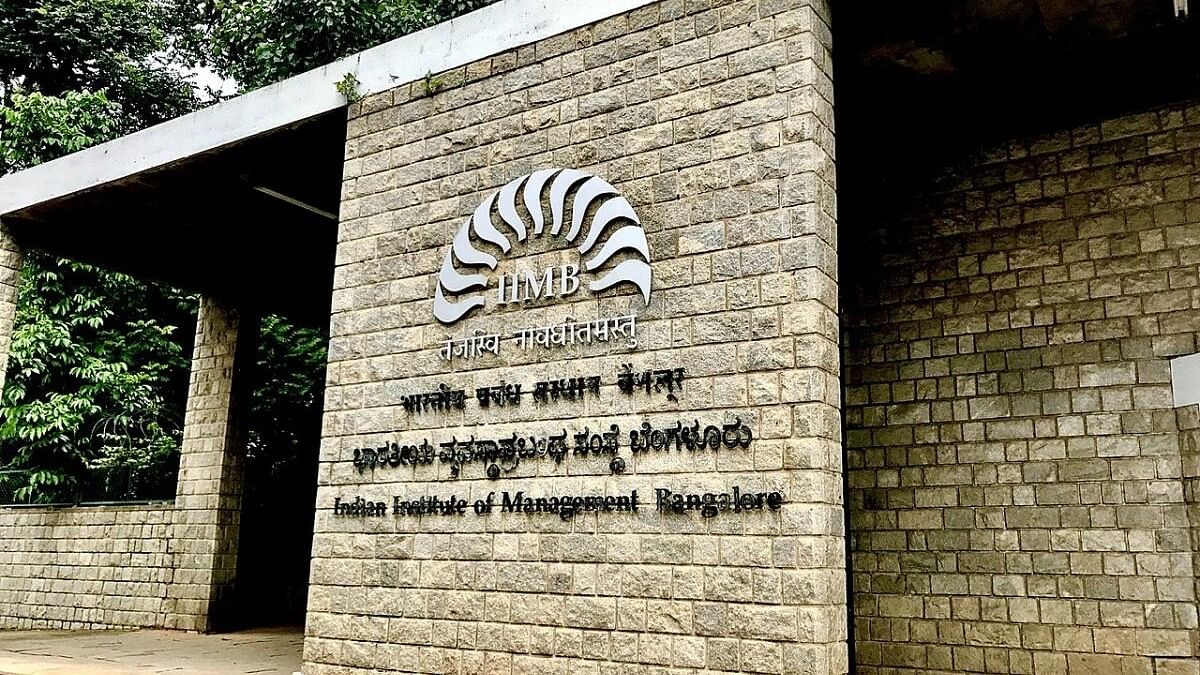
Indian Institute of Management-Bangalore (IIMB)
Credit: DH File Photo
Bengaluru: There is a need to identify scalable public health solutions and push for evidence-based implementation of programs to enhance public health systems in the country, said Dr Rajiv Bahl, Director General, Indian Council of Medical Research (ICMR), on Thursday.
He was delivering (in virtual mode) his inaugural address at the fourth national conference on Bringing Evidence into Public Health Policy being held at the Indian Institute of Management Bangalore (IIMB) this week.
"These discussions (in the conference) are crucial for identifying scalable public health solutions that are responsive to diverse challenges in India. As far as evidence is concerned, I am of the opinion that we must have the same type of thinking about evidence for implementation as we have for finding interventions," he said.
He noted that the discussions that will emerge in the three-day conference will help in understanding structural and policy reforms needed to build resilient health systems. "The digital health interventions, particularly those based on artificial intelligence, have immense potential to enhance the performance and quality of all our health workers," he said.
Among the many topics presented and discussions held on the first day of the three-day conference, the major focus was on governance and institutional frameworks for complex health systems.
Prof V R Muraleedharan from the Indian Institute of Technology, Madras, while explaining the need for empirical studies into health systems, noted that the "healthcare market" in the country today is marred by negligence and deficiency in service, rampant commercialisation and opportunistic behaviour. The Consumer Protection Act, in such cases, helps provide a mechanism to obtain relief but there is a need for a separate bench to hear them, he said.
Discussions through the day emphasised the importance of strengthening the death registry and civil registration system in all the states, research on the politics of and political constraints impacting health systems, holistic policy outcomes, and civil society engagement in crisis preparedness, besides challenges of overmedicalization, gross inequalities, managing non-communicable diseases, and a refocus on comprehensive primary health care.